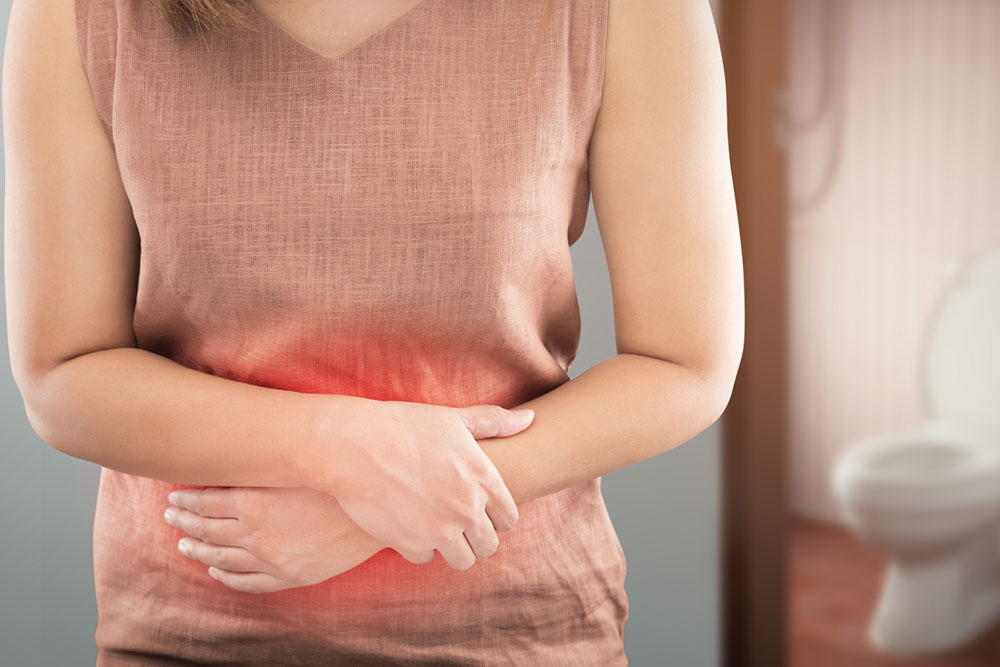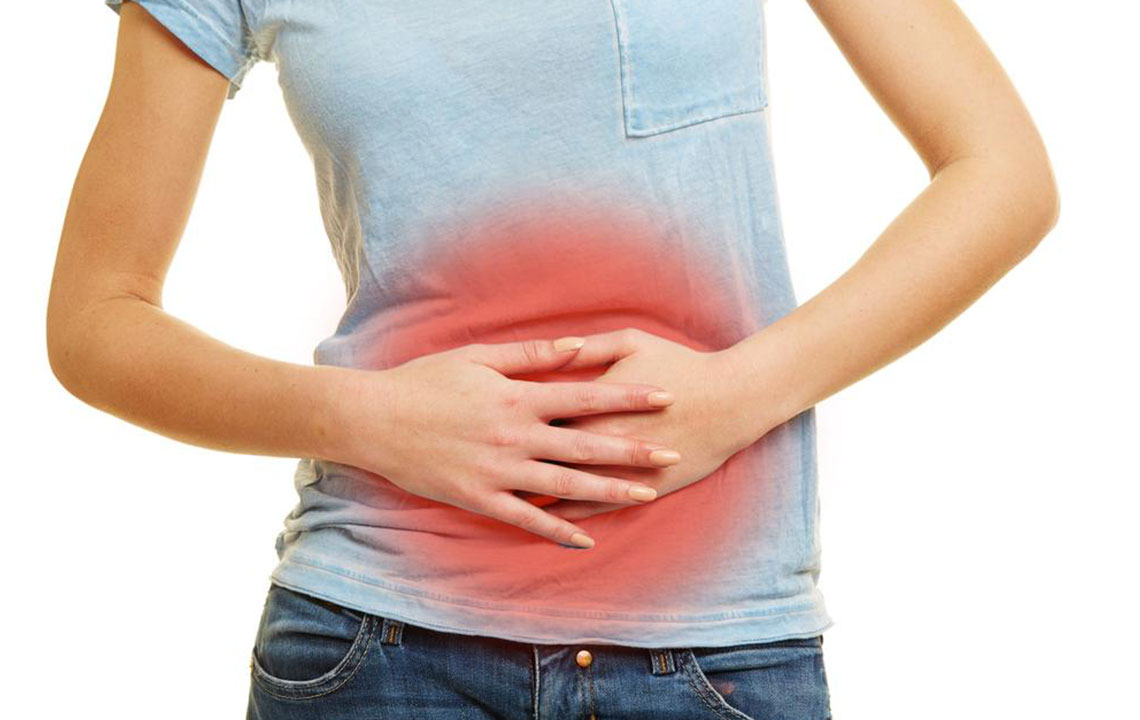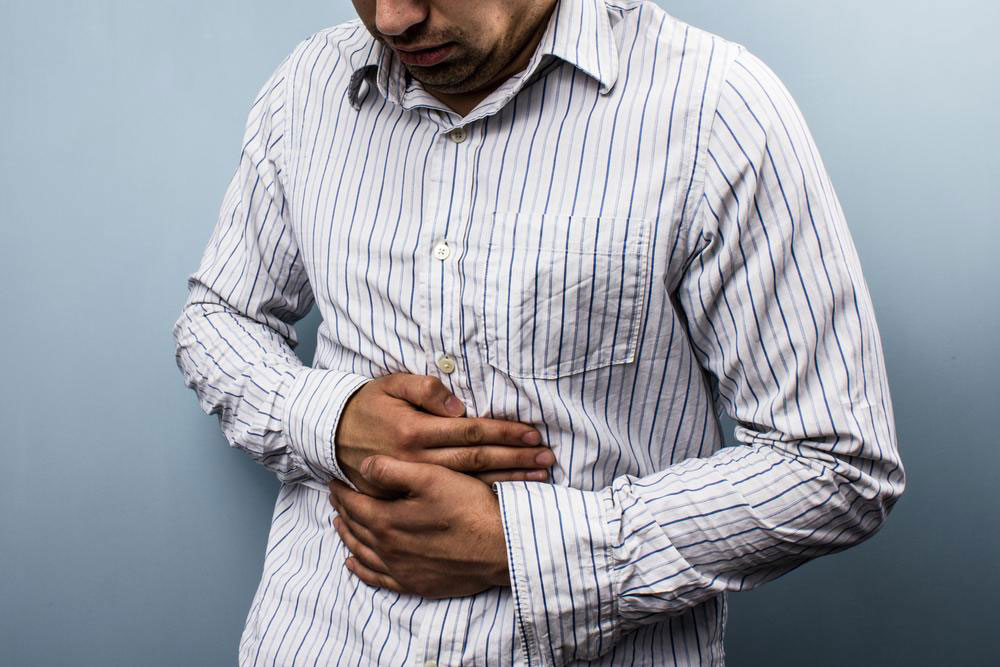Ultimate Guide to Effective Management and Treatment of Diarrhea for Better Digestive Health
This comprehensive guide explores the causes, symptoms, natural remedies, and medical treatments for diarrhea. It emphasizes early recognition, hydration, dietary suggestions, and when to seek professional care, helping individuals manage this common digestive issue effectively. Suitable for those seeking detailed insights into relieving diarrhea and supporting gut health.

Ultimate Guide to Effective Management and Treatment of Diarrhea for Better Digestive Health
Diarrhea is one of the most common gastrointestinal issues faced worldwide, affecting individuals of all ages. Characterized by frequent, loose, and watery stools, it can disrupt daily routines and cause significant discomfort. While short-term episodes of diarrhea often resolve on their own within a few days, persistent or severe cases may indicate underlying health problems that require medical attention. This comprehensive guide aims to provide detailed insights into the causes, symptoms, natural remedies, and medical treatments available for diarrhea, empowering you to manage this condition effectively and support your overall digestive health.
Understanding the Symptoms of Diarrhea
Recognizing the symptoms early is crucial in managing diarrhea efficiently. Typical symptoms include frequent loose or watery stools, abdominal cramps, bloating, and urgency to defecate. In some cases, you might notice blood or black stools, which could signify bleeding or other serious issues. Accompanying symptoms such as fever, dehydration, weakness, or severe abdominal pain warrant immediate medical attention. Recognizing these signs promptly can help prevent complications and ensure timely treatment.
Persistent diarrhea, especially beyond two days, can lead to dehydration, electrolyte imbalance, and nutrient deficiencies. If symptoms are severe or accompanied by high fever (above 102°F), bloody stools, or severe abdominal pain, it’s essential to consult a healthcare professional for proper diagnosis and treatment.
Common Causes of Diarrhea
Understanding what triggers diarrhea can help in prevention and effective management. Several factors can cause or contribute to diarrhea, including infectious agents, dietary intolerances, and underlying health conditions:
Viral Infections
Viruses are a leading cause of acute diarrhea. Notable viruses include hepatitis viruses, Norwalk virus, cytomegalovirus, and rotavirus. Rotavirus, in particular, is responsible for a significant number of diarrhea cases in children worldwide. These viral infections typically spread via contaminated food, water, or close contact, resulting in sudden onset of diarrhea accompanied by nausea and sometimes vomiting.
Bacterial and Parasitic Infections
Bacteria such as Salmonella, Campylobacter, E. coli, and Shigella are common culprits behind bacterial diarrhea. Contaminated food and water sources are primary vectors. Parasites like Giardia lamblia and Cryptosporidium can also cause prolonged diarrhea, especially in places with poor sanitation. These infections often lead to severe cramping, bloating, and sometimes fever.
Lactose Intolerance and Dietary Factors
Lactose intolerance results from the body's inability to digest lactose, a sugar found in milk and dairy products. Consuming dairy when lactose digestion is impaired can lead to diarrhea, cramping, and gas. Other dietary factors, such as excessive consumption of greasy, spicy, or processed foods, may aggravate diarrhea episodes.
Additionally, food allergies and intolerances to certain ingredients can trigger similar gastrointestinal responses. It’s important to identify and eliminate potential dietary triggers to reduce recurrence.
Effective Management and Natural Remedies
Most diarrhea cases are self-limiting and resolve within a few days without medical intervention. However, managing symptoms and supporting recovery are vital, especially in persistent or severe cases. Several natural remedies and lifestyle modifications can help alleviate symptoms and restore gut health:
Probiotic-Rich Foods
Incorporating foods rich in probiotics, such as yogurt with live cultures containing bifidobacteria and lactobacillus acidophilus, can help restore the balance of healthy bacteria in your gut. This balance is crucial for normal digestion and reducing diarrhea. Combining probiotic yogurt with bananas, which are high in pectin—a soluble fiber—can provide immediate relief by firming up stools and replenishing beneficial gut flora.
Fenugreek Seeds
Fenugreek seeds are known for their mucilage content, which can soothe irritated gastrointestinal linings. Chewing a teaspoon of fenugreek seeds along with yogurt or water helps alleviate severe diarrhea and aids in healing the digestive tract. Regular consumption may also prevent future episodes.
Apple Cider Vinegar
Apple cider vinegar possesses antimicrobial properties that can help fight harmful bacteria causing diarrhea. Mixing a tablespoon of apple cider vinegar into a glass of water and drinking once or twice daily can aid digestion and reduce symptoms. It’s essential to use unfiltered, organic apple cider vinegar for maximum benefits.
Bananas
Bananas are an excellent natural remedy for diarrhea due to their high pectin content, which helps absorb liquid in the intestines, firming stool. Consuming ripe bananas regularly can provide quick relief from diarrhea symptoms and improve gut health over time.
Medical Interventions and When to Seek Professional Help
Severe or persistent diarrhea often requires medical treatment. If infection is suspected, doctors may prescribe antibiotics or antiparasitic medications, especially if bacterial or parasitic organisms are identified through stool testing. Viral diarrhea generally does not respond to antibiotics and typically requires supportive care, including hydration and rest.
Hydration is paramount; drinking plenty of fluids such as water, oral rehydration salts (ORS), electrolyte solutions, or clear broths helps prevent dehydration. In children, ORS solutions like Pedialyte are particularly effective in replacing lost fluids and electrolytes.
In cases where diarrhea is linked to underlying conditions like inflammatory bowel disease or food intolerances, consulting a specialist is necessary for diagnosis and tailored treatment. Dietary modifications, medications, and lifestyle changes are often part of comprehensive management strategies.
In instances where symptoms worsen despite home remedies, or if there are signs of dehydration, blood in stool, high fever, or severe abdominal pain, seek emergency medical care immediately. Accurate diagnosis and appropriate treatment can prevent complications and promote faster recovery.





